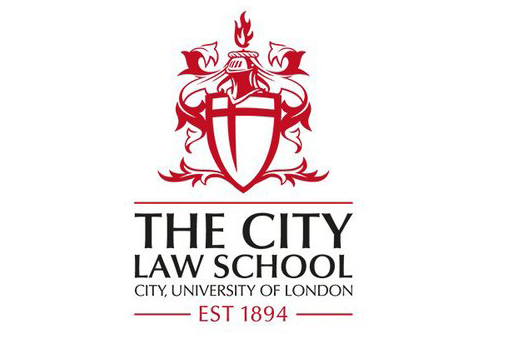Research carried out by The City Law School’s Environmental Law Pro Bono Policy Clinic finds over 86 percent of London Borough Councils making a climate emergency declaration.
By Mr John Stevenson (Senior Communications Officer), Published
After an eight-month research project as part of a national undertaking devised and developed by the Environmental Law Foundation (ELF), student volunteers on The City Law School’s Environmental Law Pro Bono Policy Clinic (ELPBPC) have found that a high number of London councils have made a climate emergency declaration (all but five boroughs, over 86%) compared to the average of local authorities across the UK of around 75%.
The finding forms part of the ELPBPC’s 34-page Climate Emergency Declaration Research Report. This has fed into ELF’s soon to be published UK-wide report.
The City Law School students reviewed and analysed public information available from 33 London boroughs with regard to climate change, and, more specifically, climate emergency declarations (CEDs) made by these public authorities since 2019.
The research was carried out in two parts: a desktop analysis of online information available relating to climate change action across London followed by some qualitative research through environmental information requests of the London boroughs and public bodies. The information requests sought to clarify the work and efforts by public bodies in relation to the climate emergency including the need to rapidly reduce the level of greenhouse gas emissions being produced by society.

Other key findings mentioned in the Report were as follows:
- A wide divergence with regard to actions taken to tackle the climate emergency - While a few boroughs are yet to make a CED, others are at the drafting stage of a climate action plan following the making of a CED. Some boroughs are already in the process of implementing their adopted action plans. This report highlights some of the key areas of action, including energy and power use, buildings and infrastructure, transport, biodiversity and decision-making systems. Many London boroughs are implementing what may be regarded as progressive and effective work in securing carbon reduction and minimising greenhouse gas emissions: the critical aim in tackling the climate emergency.
- Despite impressive work by councils, it was not always evident how specific actions would result in the significant emission reductions necessary and many authorities did not appear to have mechanisms in place for monitoring progress or compliance with promises or goals. This applied to actions taken by boroughs who have not yet made a CED and to actions taken by those that have made a CED. Consequently, there is still considerable work to be done in ensuring all public bodies are effectively securing the carbon reduction necessary.
- Although many London boroughs are not yet materially implementing their post-CED climate actions, the research has shown that some boroughs were working on climate issues prior to making a CED, though there was limited available information in terms of the actual implementation and impact of these pre-CED strategies.
- In terms of climate change adaptation and resilience strategies; i.e. the work necessary to address the more extreme weather patterns now being experienced across London, the UK and the wider world, the majority of boroughs surveyed did not appear to have publicly available plans, although some did note that they are involved in developing a London-wide strategy to be published by 2023.
- Though it is notable that many boroughs have held public consultations on climate change or allowed the public to feed into climate action plans and strategies, the research has found that some boroughs had no provision for community involvement in devising and implementing their climate plans. There were, for instance, some examples where a council stated an ambition to involve the public but without making any concrete commitment to this.
Maja Berger, one of The City Law School’s researchers, also studying on the Legal Practice Course, said:
“The 14-member team responsible for carrying out this Climate Emergency Declaration research worked diligently to produce this Report, acutely aware that global warming and the resultant high temperatures and extreme weather conditions we currently experience are stark realities. We have been struck by the responsiveness and proactive stance taken by public bodies in London to acknowledge climate emergency and devise action to address it.”
Tom Brenan, ELF’s Joint Executive Director and Head of Education & Policy, who co-ordinated the nationwide research, commented:
“The ELPBPC Report highlights that there is some great work being done by London councils towards their Climate Emergency Declaration ambitions but there is still a huge amount to do if their targets are to be met. It will be interesting to compare the progress in London with that in the other regions across the UK in ELF’s forthcoming national report.”
The ELPBC’s Climate Emergency Declaration Research Report can be accessed here.
